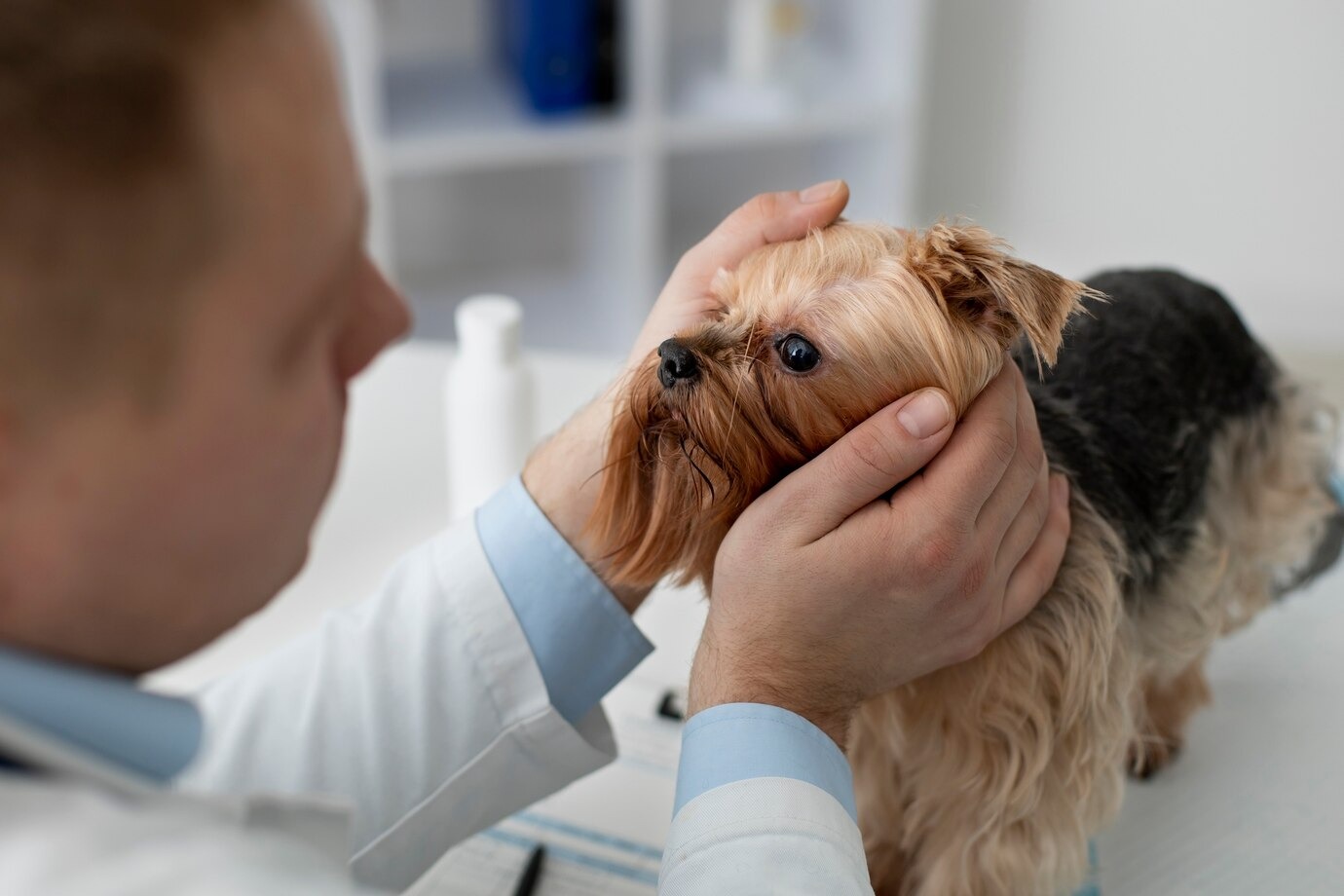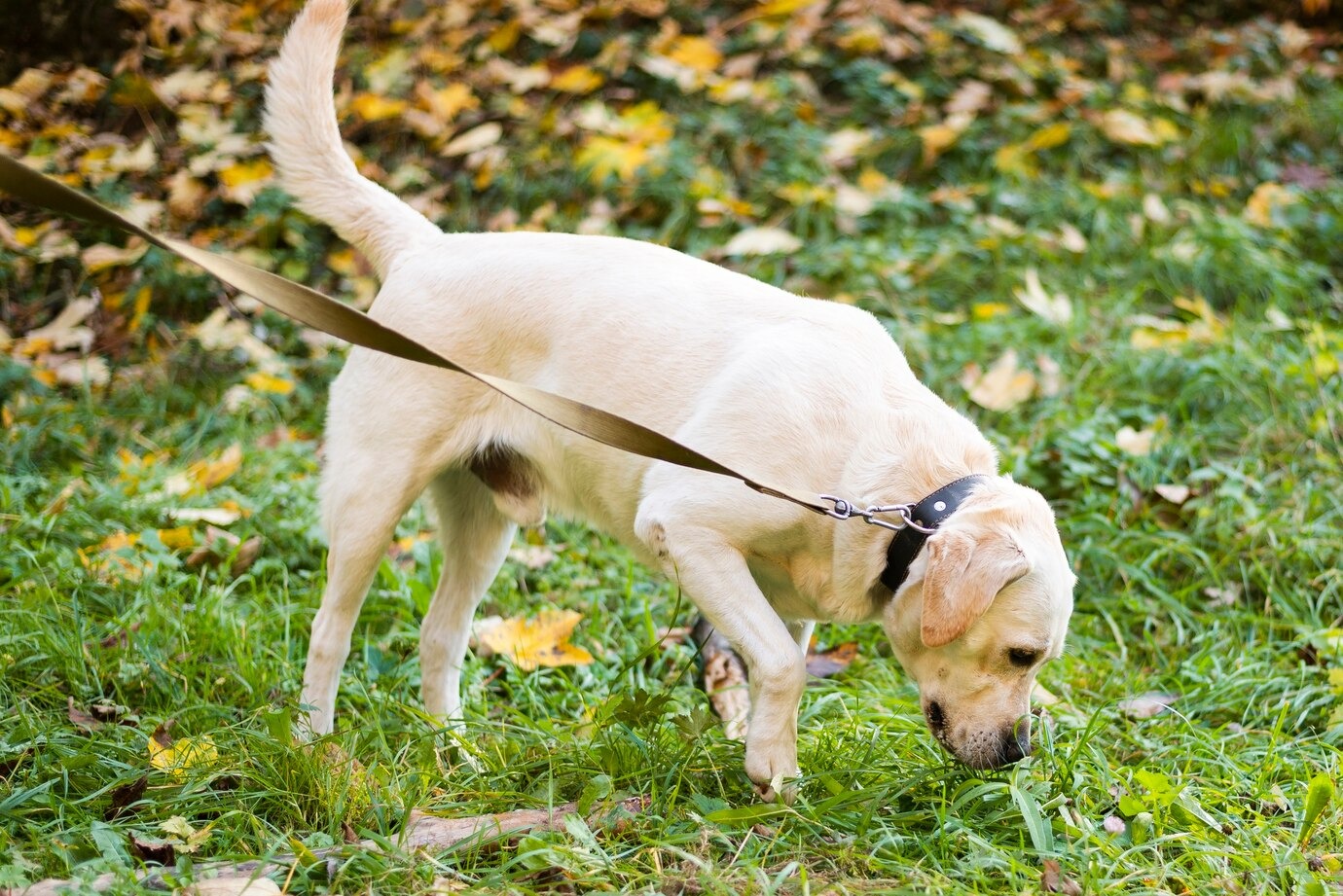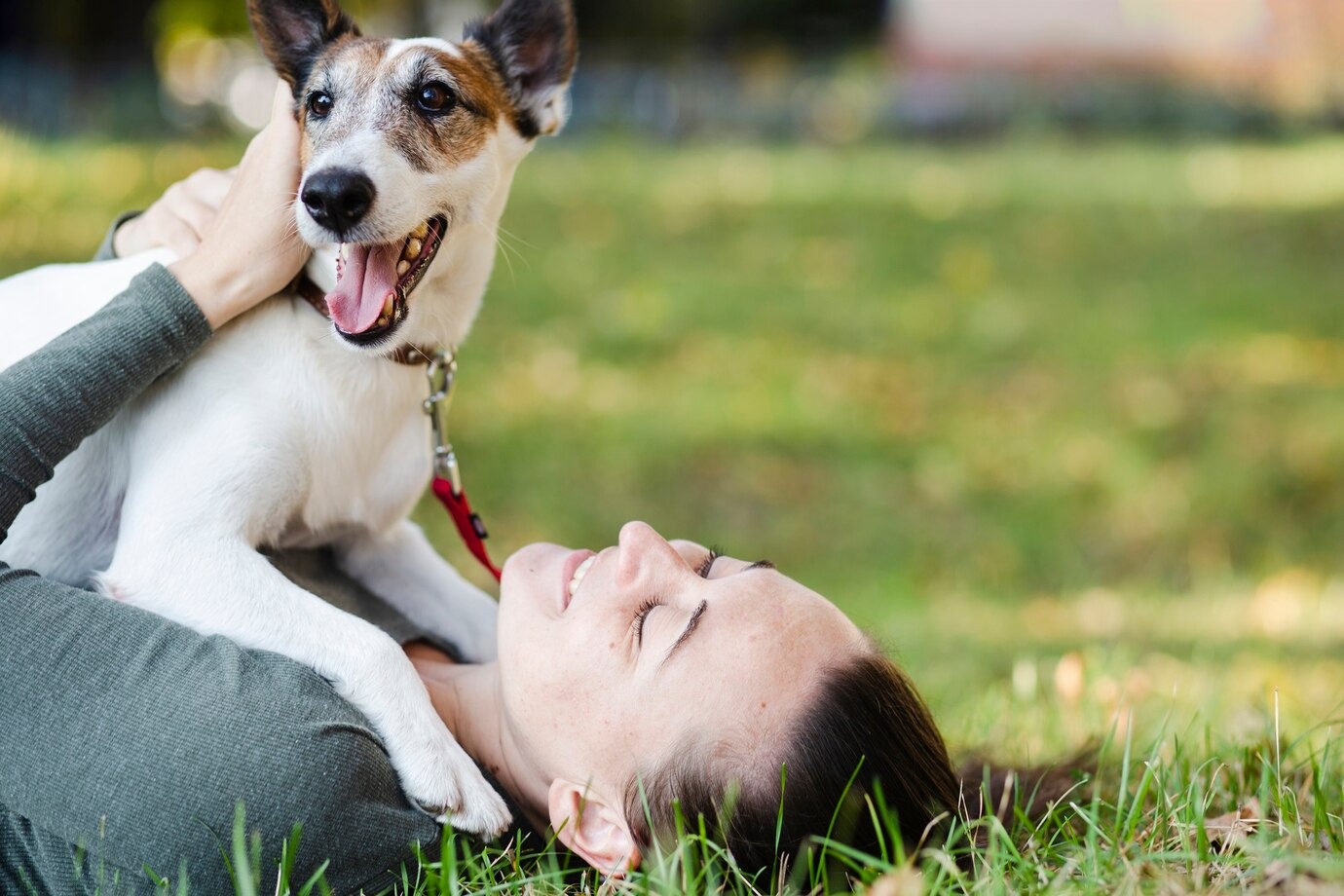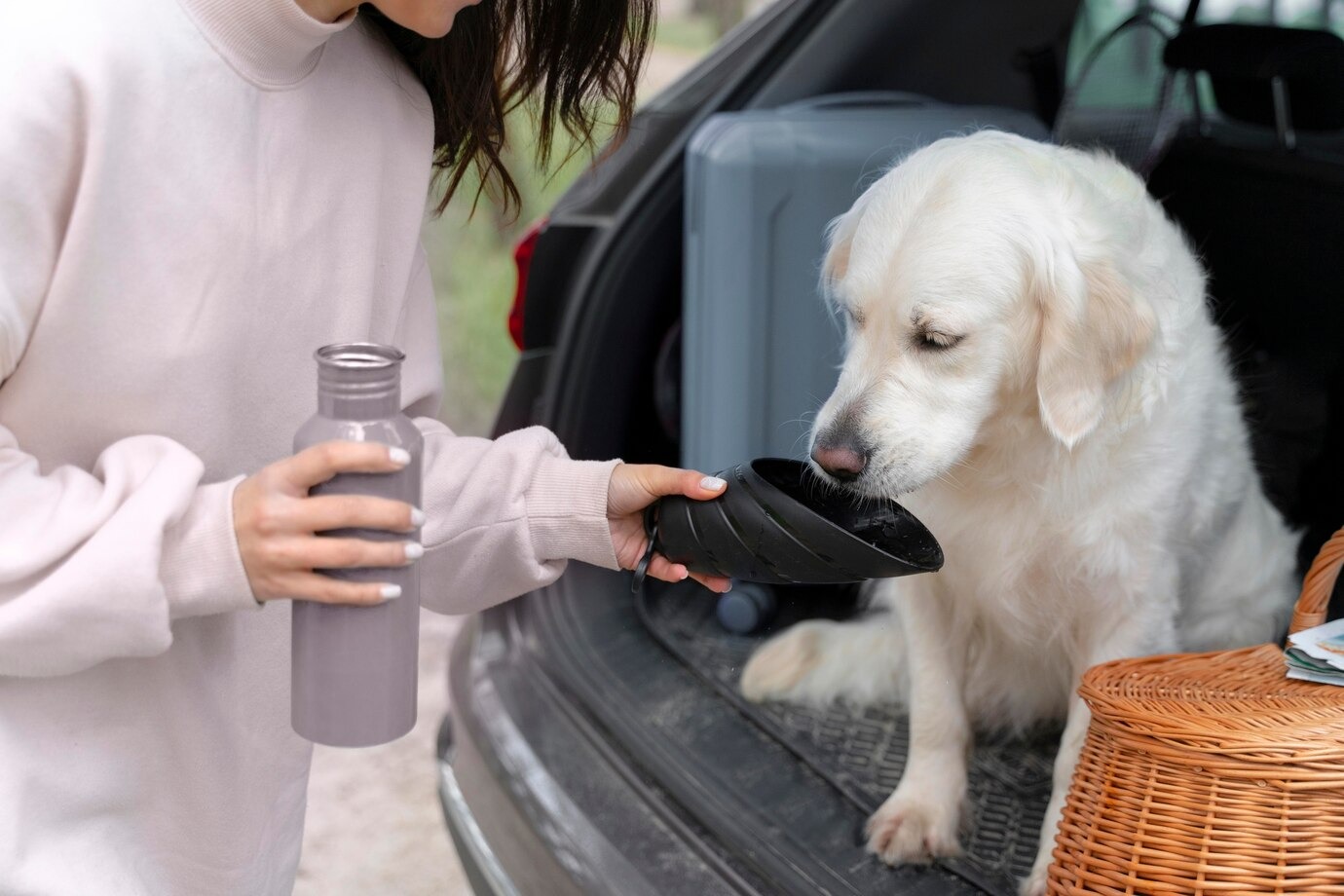If you are a pet parent, you may have observed your furry friend grazing grass while out for a walk or playing in your backyard. This is particularly followed by vomiting. This behavior is actually quite common among dogs. But do you know why your pooch does so? Is it a sign of dog digestion issues?
This blog post will take a look at what this behavior is all about and what it could indicate for your pup’s digestion.
Grass Eating: A Natural Instinct
First, keep in mind that grass-eating is a fairly normal behavior for many dogs. One theory is that it’s an instinct inherited from their wild ancestors. Canines have been consuming plant material, directly or indirectly by consuming herbivorous prey.
Eating grass doesn’t seem to do noticeable harm to most dogs. In fact, many vets view it as a normal behavior; as long as it’s not excessive or compulsive. However, when it’s frequent or if they’re vomiting afterward, it may indicate something deeper is at play, perhaps indicating the dog’s digestion issues.
Is Grass a Digestive Aid for Dogs?
Perhaps the most widely held theory as to why dogs eat grass is due to digestive issues. This idea is mainly based on the fact that some dogs vomit soon after eating grass. The theory is that they automatically eat grass to prompt vomiting and ease distress.
But here’s the catch: research indicates that only some 25% of dogs actually vomit after consuming grass. Even fewer show illness before they come down with one. As a result, grass may not really be a self-medication tool for many dogs. Still, for the small number of people who do vomit, it raises the question: what’s behind the upset stomach in the first place?
Other Important Link:
https://www.justiceforleia.com/blog/importance-of-vaccination-for-shepherd-dogs/
Top Signs Your Dog Could Have Digestive Issues
Pet parents must investigate potential digestive problems if their dog eats a fair amount of grass and the behavior is followed by regular vomiting. Here are some symptoms to look out for:
- Frequent vomiting or retching
- Diarrhea or soft stools
- Loss of appetite or changes in eating habits
- Lethargy or low energy levels
- Licking lips incessantly or gulping (may indicate nausea)
- Pain in the abdomen or feeling bloated
If any of these symptoms are present along with the grass-eating behavior, it’s time to consult your vet. Regular digestive issues might indicate problems such as gastritis, intestinal parasites, food intolerance, or inflammatory bowel disease (IBD).
Is It a Sign of Nutritional Deficiency?
Another theory is that dogs will consume grass in order to compensate for a deficiency of specific nutrients, fiber in particular. Grass is loaded with insoluble fiber and can assist with digestive health along with passing stool regularly.
If your dog’s diet is lacking in fiber, they could be instinctively seeking it in the form of grass. You might also find it helpful to go over your dog’s food with your vet or a canine nutritionist to ensure it’s well-balanced and includes the nutrients your dog requires.
You may also give them more dog-safe vegetables, such as green beans or carrots, which give them natural fiber and discourage them from chomping at your lawn.
Boredom, Anxiety, or Habit?
Not all grass munching is health-related. Other dogs may eat grass just because they are bored or anxious. If a dog is left alone for too long, doesn’t get mental stimulation, and/or doesn’t get exercise, chewing grass may become soothing for the dog.
Identify whether it happens more during stressful moments or long times of inactivity. Increasing the number of daily walks they get, giving them access to puzzle toys, and providing more interactive play can all reduce the boredom-related eating of grass.
When Should You Be Concerned?
Although the occasional grass snack is generally no cause for concern, there are times when you should contact a veterinarian for advice:
- If your dog intermittently eats large amounts of grass and vomits frequently
- If the behavior is new, accompanied by other symptoms
- If you think the lawn may be treated with pesticides or fertilizers
- If your pet appears sluggish or in pain
In these cases, a vet can help eliminate underlying digestive disorders and guide you on how to manage the behavior.
So, why is your dog eating grass? There is no straightforward answer to this question. You need to pay attention to the signs and their behaviors to determine the underlying cause. Make the choices that ensure the overall well-being of your pup.






